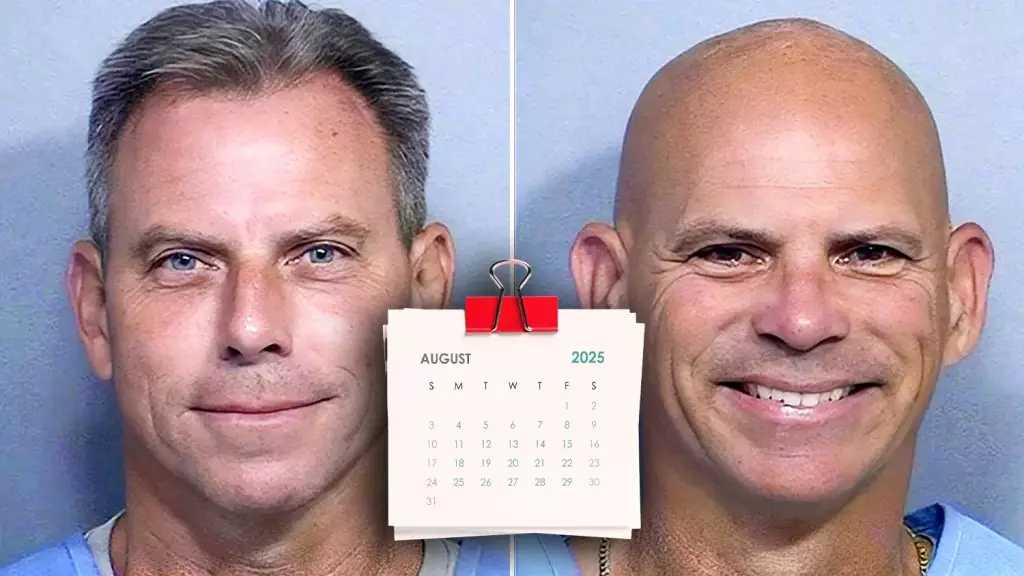After enduring decades of imprisonment for the shocking murder of their parents, Erik and Lyle Menendez find themselves on the precipice of potential freedom. The duo, convicted in 1996 for a brutal shotgun attack on their parents, were handed life sentences with no possibility of parole. However, a recent ruling by L.A. Superior Court Judge Michael Jesic has shifted their circumstances significantly, granting them eligibility for parole. This decision reflects a growing recognition that the paths of criminal justice and personal redemption are often intertwined, especially for individuals who committed crimes as youth offenders.
Judicial Discernment and Public Scrutiny
The ruling made by Judge Jesic, who noted that the Menendez brothers do not pose “an unreasonable risk” upon potential release, challenges the longstanding narrative of their guilt. With Judge Jesic’s ruling, the Denial of Parole Toolbox has taken a backseat, and parole suitability hearings have been set for August 21-22. This dramatic turn raises questions regarding the efficacy and morality of life sentences for young offenders. In an age where redemption narratives are celebrated, it’s imperative to examine the implications of such decisions, particularly in high-profile cases swamped by public opinion and media sensationalism.
The Impact of Media and Public Perception
The Menendez case has frequently resurfaced in the public eye, largely driven by documentaries and dramatizations, including Netflix’s hit series “Monsters: The Lyle and Erik Menendez Story.” These portrayals not only revive public interest but also invoke sympathy for the brothers who, according to their claims, acted in self-defense against years of alleged abuse at the hands of their father. This complexity of their narrative illustrates how layered cases can be—drawing attention to the broader issue of mental health, familial dysfunction, and the often blurred lines of self-defense in cases of domestic abuse.
Challenges Ahead for the Menendez Brothers
While the recent parole hearings offer a glimmer of hope for Erik and Lyle, the road to actual freedom is fraught with uncertainty. The legal team’s move to pivot from clemency applications to initial parole suitability hearings indicates a strategic shift in their approach to the legal system. The current atmosphere surrounding their case is charged; public sentiment can swaying the outcome. The brothers’ journey through this legal labyrinth will hinge not only on the legal arguments presented but also on how they are perceived by a society grappling with issues of justice, abuse, and rehabilitation.
The Broader Conversation of Justice Reform
This situation invites reflection on the broader implications of justice reform and the treatment of young offenders in the legal system. Should the system offer a second chance to those who committed acts of violence in their youth, potentially driven by traumatic experiences? The Menendez brothers’ story compels us to examine the very foundation of our perceptions around accountability, punishment, and the prospects of rehabilitation. Rather than viewing their potential release solely through the lens of crime and punishment, we must engage with the nuances of their lived experiences and the societal structures that shape these narratives.
Through the twists and turns in the Menendez case, it becomes glaringly evident that the conversation surrounding justice is not merely black and white, but encompasses a spectrum of human experience, trauma, and a yearning for redemption.


Leave a Reply